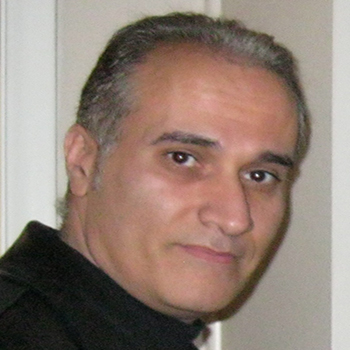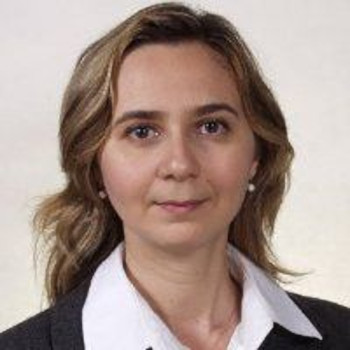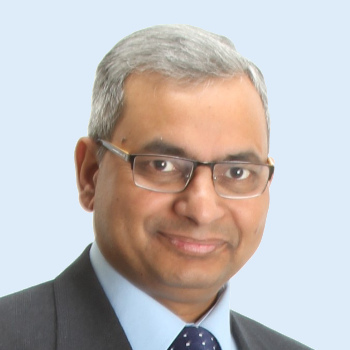
For centuries, the Muslim world has been residing in the shades until the wake of Islamic fundamentalism. The twentieth century witnessed the resurgence of Islamic movements similar to that of the Eighteenth century known as Wahhabism. It started with the Muslim Brotherhood in Egypt, intensified with the Islamic revolution in Iran, heightened by the rise of Al-Qaida that orchestrated the tragic event of September 11, 2001, and reached its peak in the establishment of the Islamic state in 2013, following the uprising known as the Arab Spring in 2011. The ideology of these movements that later instigated consecutive terrorist actions have brought Islam to the scene on a worldwide scale. In the West, there are many factors that have created complexity rather than simplicity to understand the roots of the turmoil. This is reflected in the diverse opinions formulated about Islam. The conflicting views can be divided into two categories. The first view states that Islam is a militant faith that will resort to violence to defend and promote its objectives at any cost. The second one claims that the majority of Muslims adhere to common sense and reject completely the concept of jihad and murdering innocent people. These two views have been vying to control American perception in recent years. Since the Church has been called upon to be the conscious of the State as well as to reach the lost, including Muslims, the question remains: Should Christians respond by building walls or bridges toward Muslims living in the West?
- Presenter: John Bitar

With the emergence of African migrants since 1990, New Zealand is witnessing the proliferation of African-led Pentecostal Christianity (APC) in its communities. These APCs are viewed as safe havens for the creation of new senses of African identity and for rallying social resources for African migrants. However, these APCs are occupying a crucial niche in New Zealand’s Pentecostal Christianity, by building on New Zealand’s Pentecostal discourses on the ‘end time revival.’ At the center of their modus operandi, the APCs assert themselves as “the agents” for the long-awaited ‘end time revival,’ which was prophesied to begin at the end of the 21 century, in New Zealand and Australia by Smith Wigglesworth and Derek Prince. In their efforts to achieve their goal as “the agents,” the APCs develop discourses and praxis that predispose followers towards peaceful co-existence with the host community. Most importantly, the APCs furnish members with perspectives of themselves as God’s special witness instruments on divine assignments in New Zealand. This presentation explores what at first sight may seem to be counterintuitive questions: To what extent, and in what ways or context, have the APCs sought to be Christian witnesses in New Zealand? What contributions have these migrant churches made in the context of proselytizing in New Zealand, and what is the significance of witnessing for these churches in New Zealand? In answering these questions, the workshop draws upon ethnographic fieldwork at the Christ for Salvation Ministries International (CFSMI) in Wellington, New Zealand.

There are a number of ethnic designations that are used in the New Testament and early Christian literature to refer to early Christians, such as genos, ethnos, thulos (tribe), etc. The focus of this presentation will be to examine some of these ethnic and political designations in light of the construction of a new religious identity for early Christians. Both the negative and the positive aspects of these designations will be considered in the context of early Christian rhetoric.
- Presenter: Stamenka Antonova

The 21st century can be described as the dawn of a new urban millennium. By 2030, almost 5 billion people will inhabit urban areas. Most of this urban population explosion is due to the unprecedented migration of people in search of a better life, thus making the world a small global village. This presents several challenges to the church and its global mission. Theology, as a reflection of the community of faith on God and his activity in the world, must be relevant and meaningful. To be so, all theology must be contextual. Furthermore, within the frame of reference of missiology, a reflection-action synthesis needs to be worked out for a relevant contextual theology. It was in responding to particular situations that mission became “the mother of theology” (Bosch 1991, 16 & 489). Our context of rapid urbanization and globalization in the 21st century demands theologization of the urban reality. Therefore, this workshop will highlight the contours of an emerging theology of mission in the urban context. It begins with a brief description of the reality, which obviously raises questions and leads us to look for Scriptural insights from a missiological perspective. This provides us with a framework and leads us to look back at our context, reflect upon the urban reality, and propose three major themes in an urban theology of mission.
- Presenter: Vinod John
